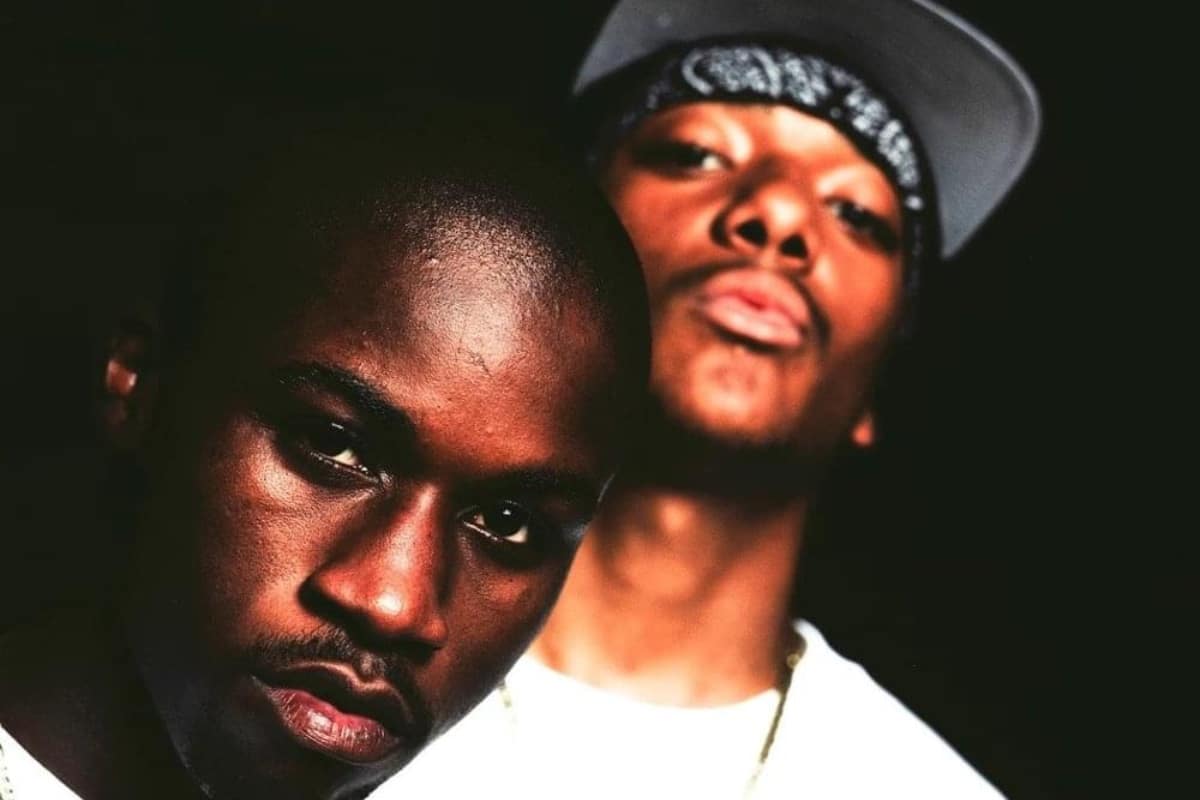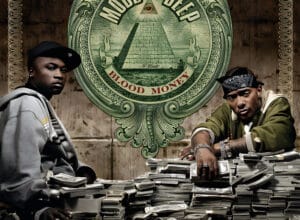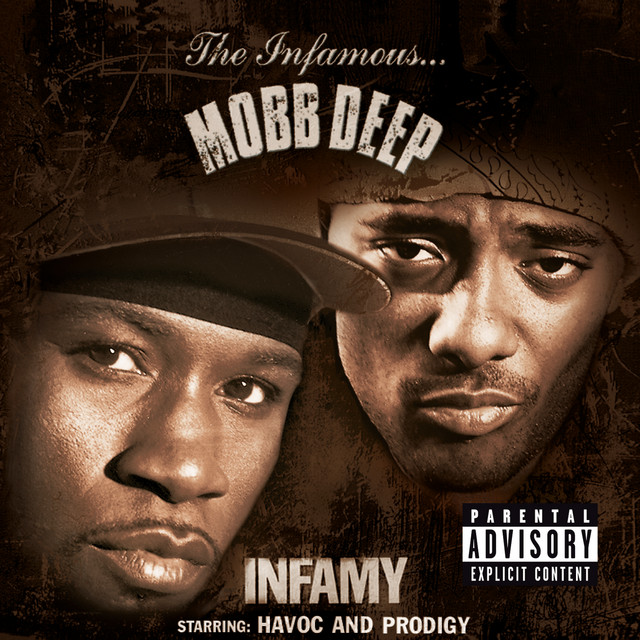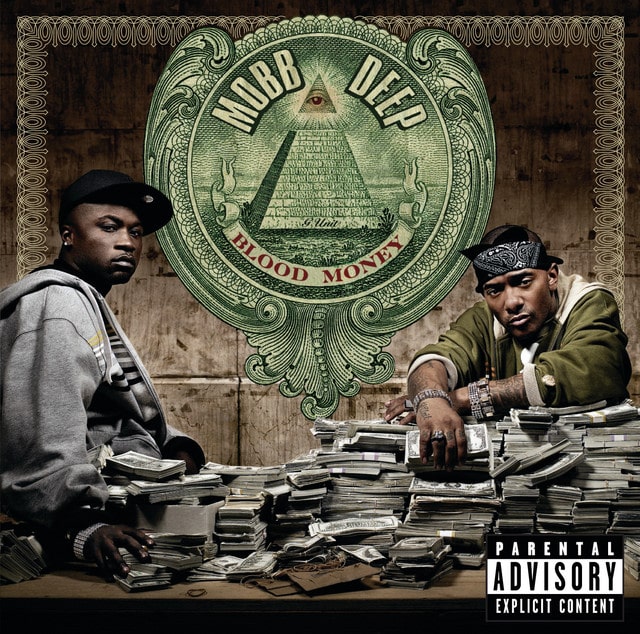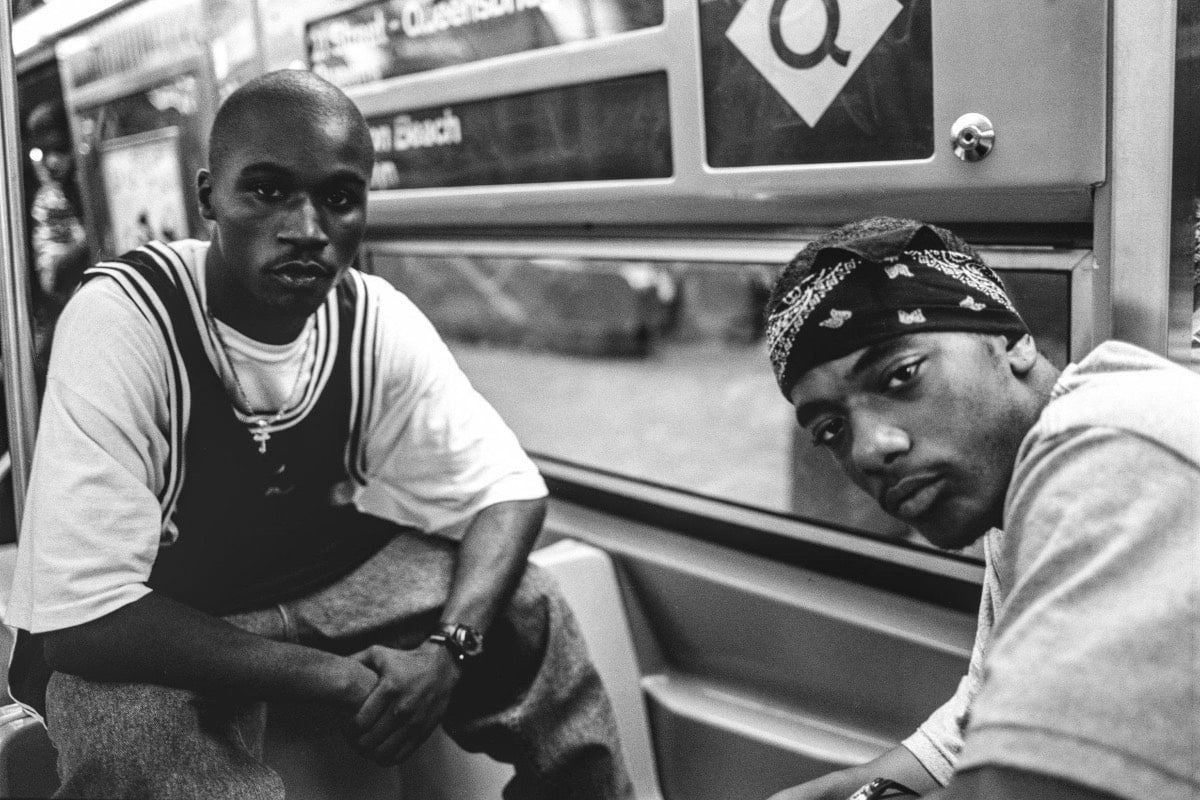“Survival of the Fittest” by Mobb Deep is a provocative expose into the harsh realities of urban life, with the hourglass of mortality standing at center stage. This 90s hip-hop classic is an embodiment of the struggle and survival in the face of hardship, where your strength and wit are the only lifelines in a sea of danger.
The track opens with a shout out to a compadre, ‘Killer B’, setting the stage for the treacherous streetscape that forms the heartbeat of the song. Havoc and Prodigy, the duo that forms Mobb Deep, use powerful analogies, like “It’s similar to Vietnam”, depicting the stark parallels between war-stricken territories and their own Queensbridge, NY hood. The struggle is real, and survival dictates a life filled with anxious caution, no space for ‘halfway crooks’ in this harsh world.
The refrain, “Survival of the fit, only the strong survive,” drives home the Darwinian theory, the unforgiving rule of the streets, where the unfit are swept away by the tide of brutality. There’s a sense of urgency that underscores the lyrics, perpetuating the idea that life on these streets is a continuous fight for survival.

Forging ahead into the second verse, the track intensifies, unveiling the gritty details of a hustler’s life – be it evading the police, or ‘Five-oh’, or surviving the prison system. There’s a nod to their resourcefulness and resilience, as captured in lines like “Tight with my loot, ’cause hoes like to run game.” The ethos of frugality and planning for the future sidesteps the glamorous portrayal of excess often attributed to hip-hop culture.
Despite the wealth and status they might acquire, Mobb Deep emphasizes their unwavering connection to their roots – “No matter how much loot I get, I’m stayin’ in the projects forever.” The gritty authenticity, the shared struggle, and camaraderie in their neighborhood cement an unbreakable bond, a loyalty that is thicker than the blood of any transient high-status attraction.
Overall, “Survival of the Fittest” encapsulates the life-and-death stakes faced by those living amidst urban warfare. It’s an anthem for resilience, a testament to the toughness demanded by their environment, and a frank shedding of light on a society where, as they put it, only the strong survive.
